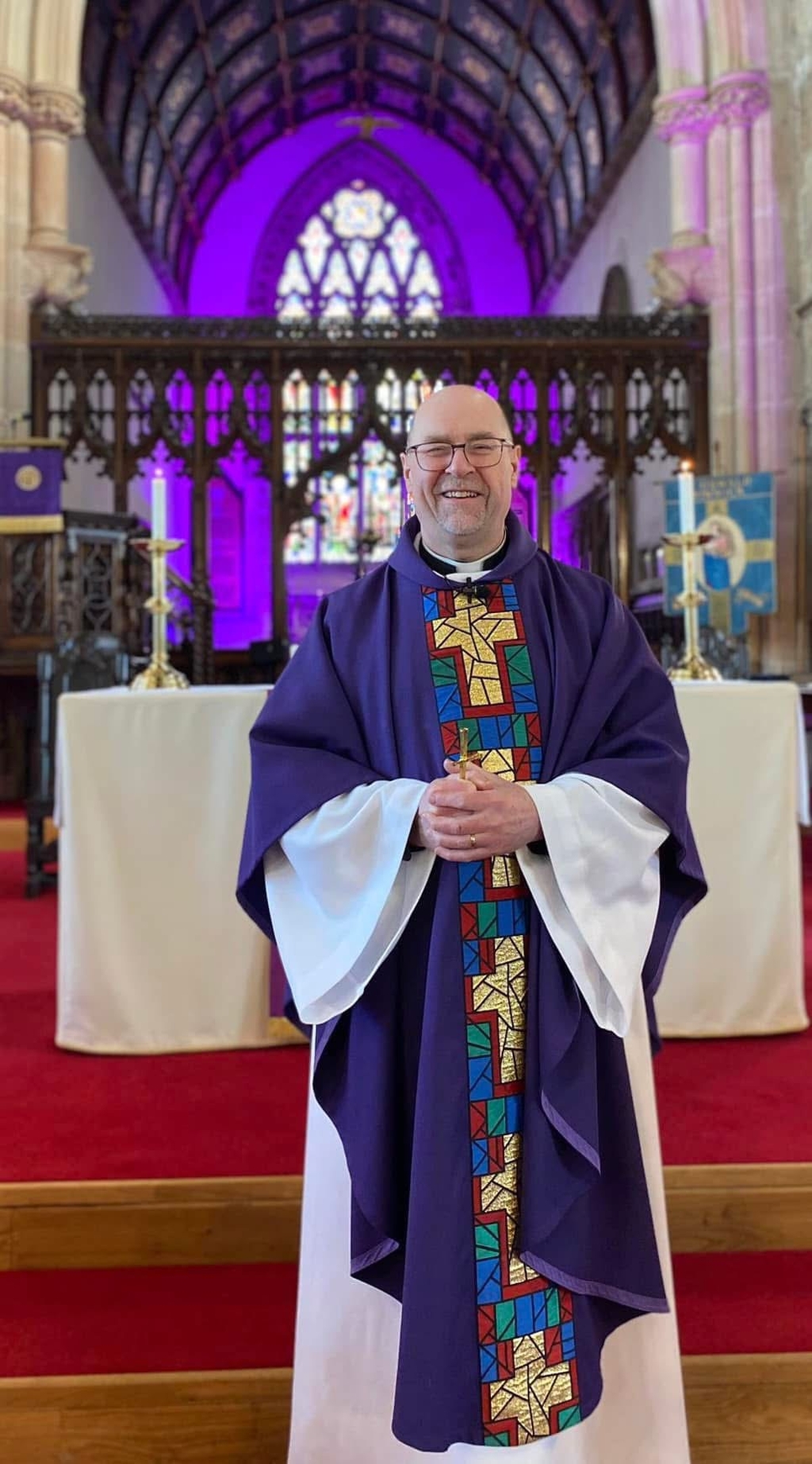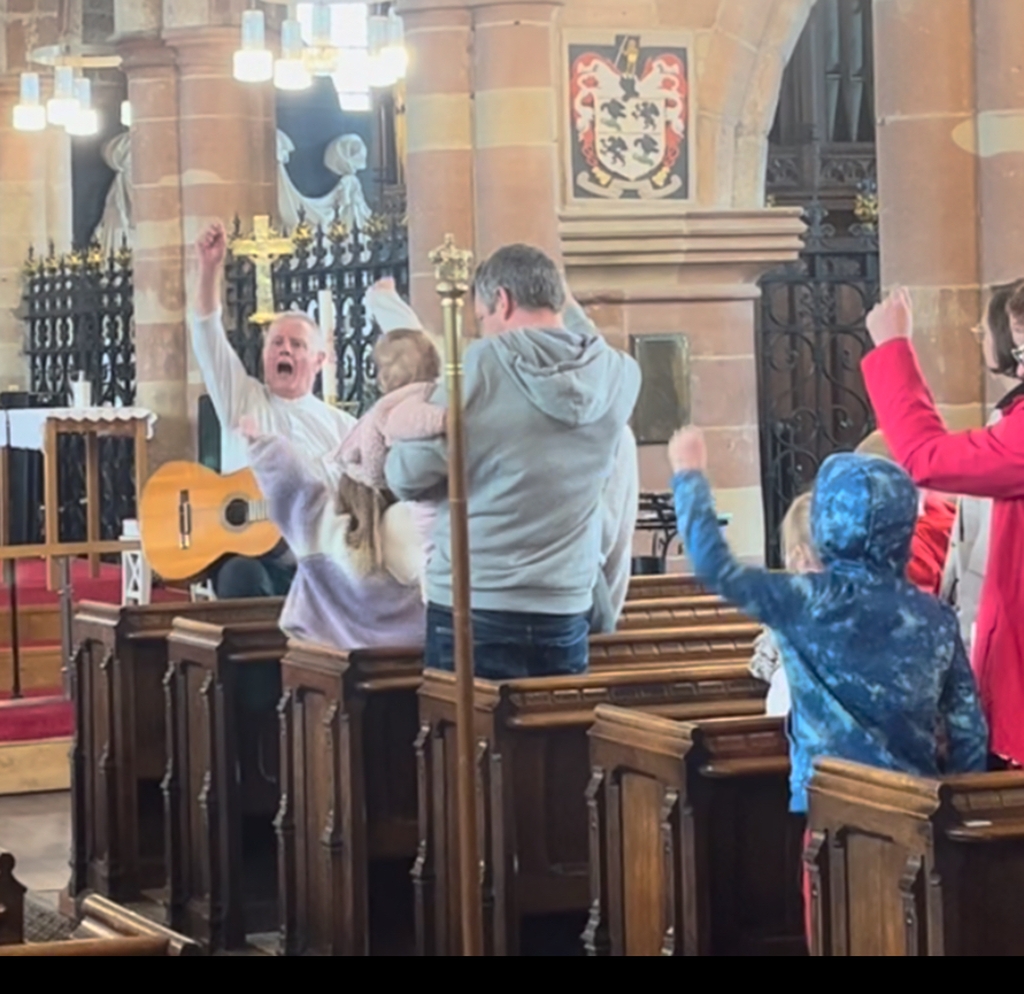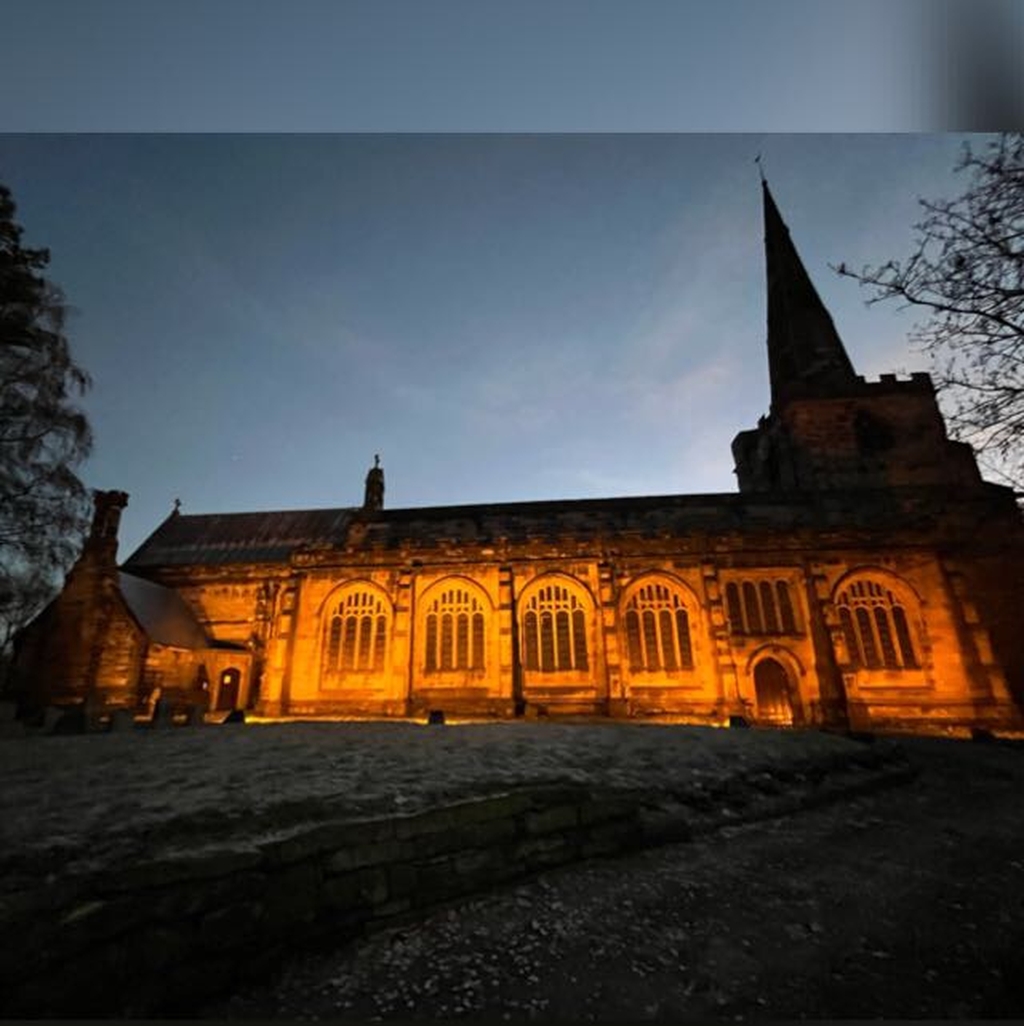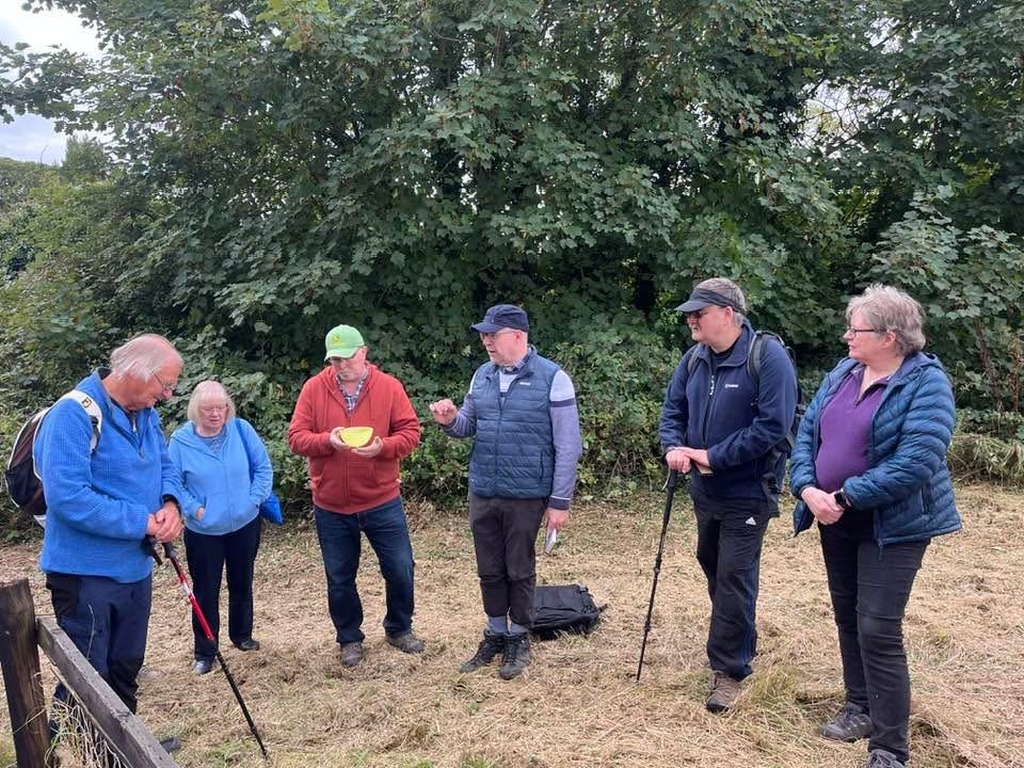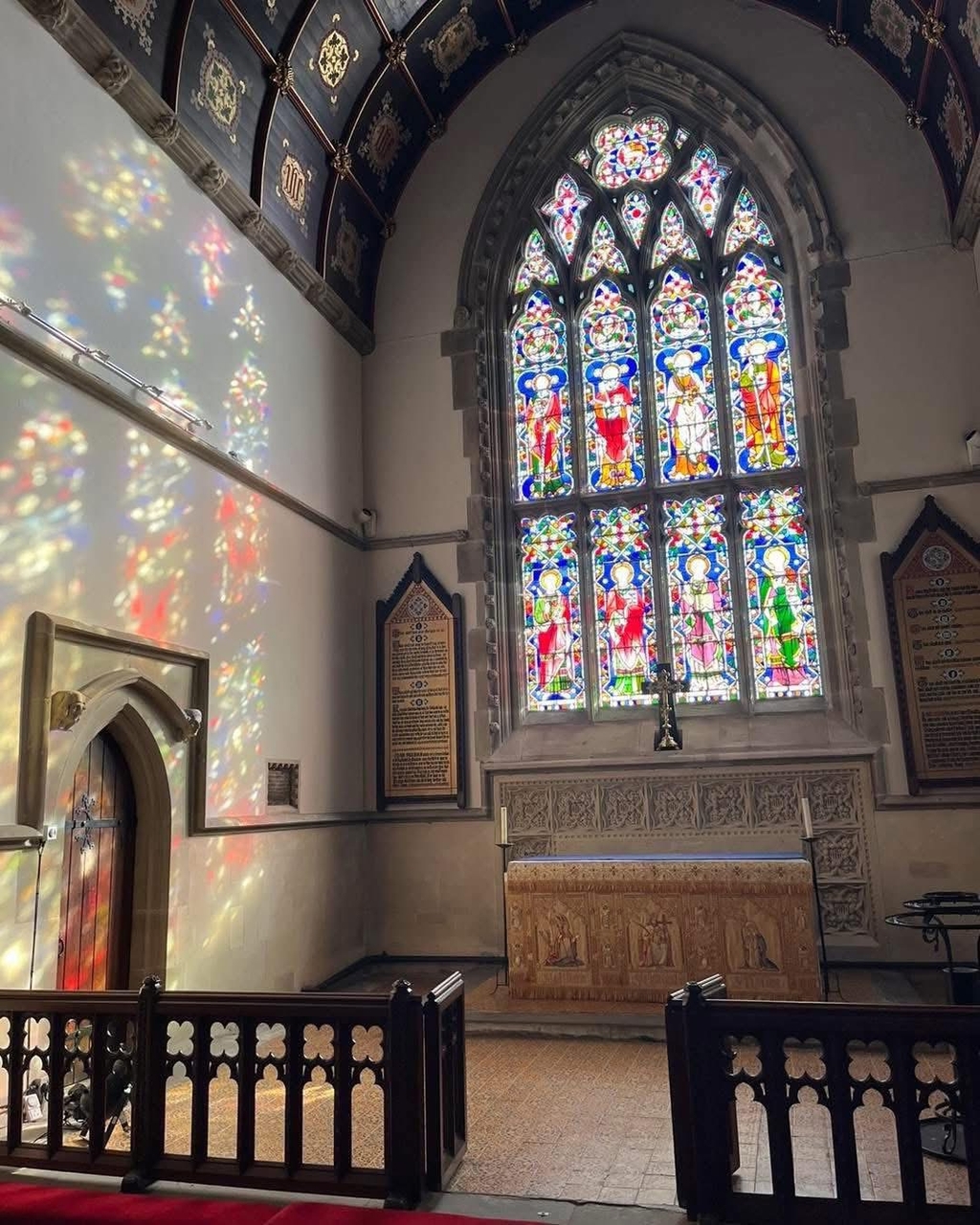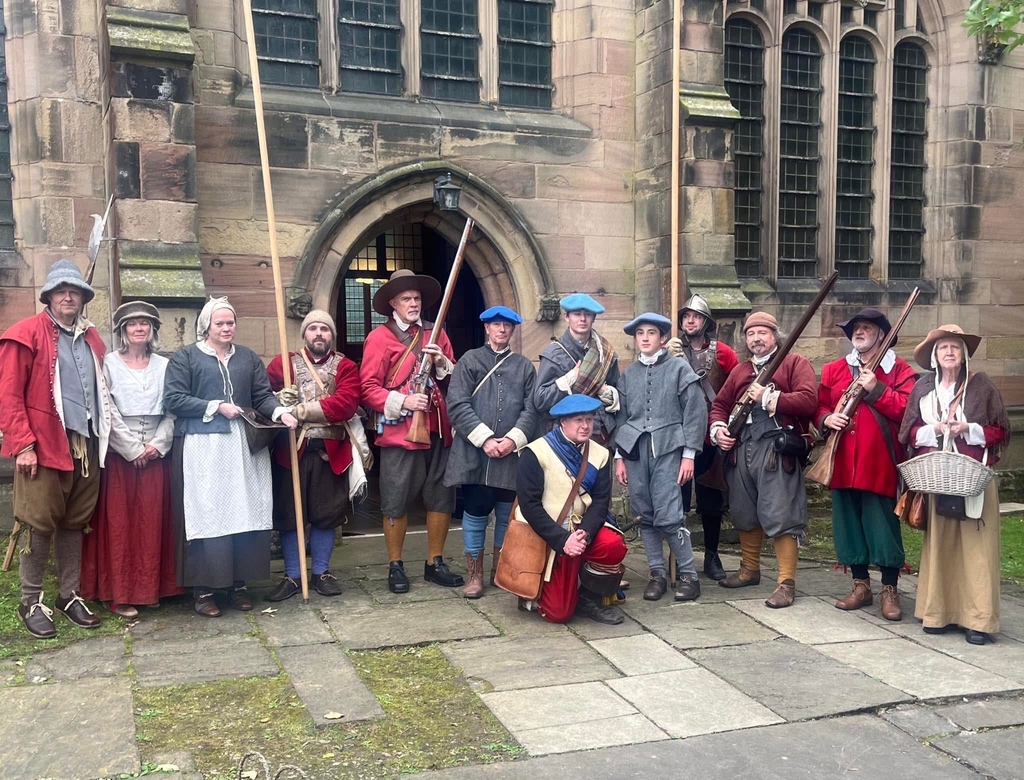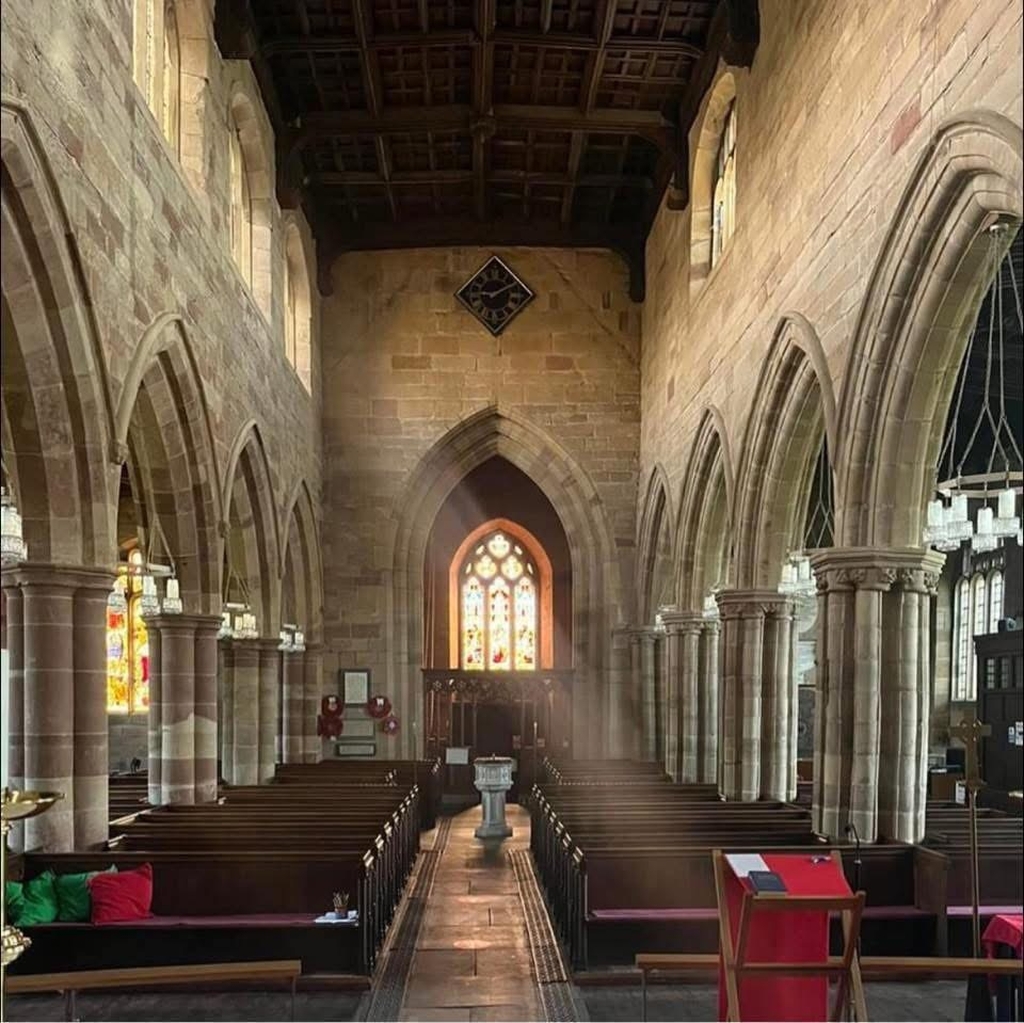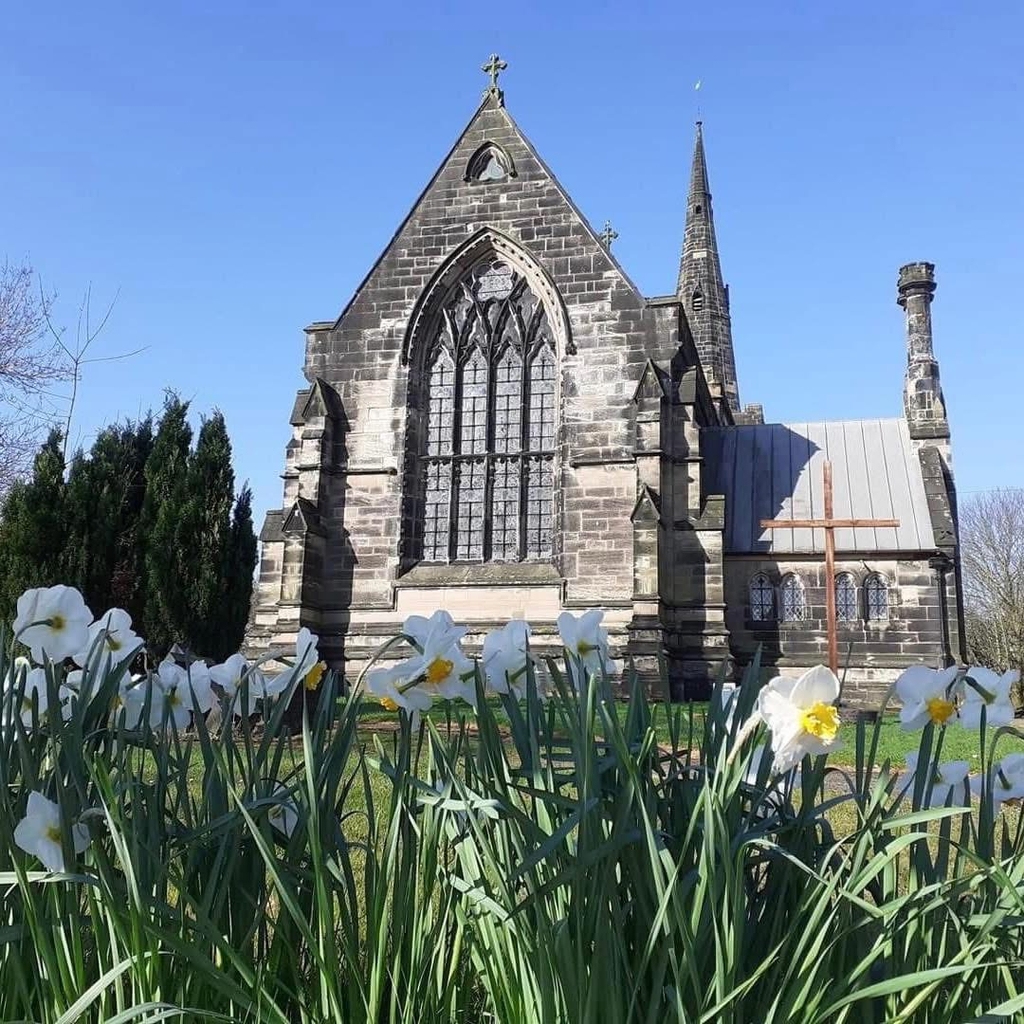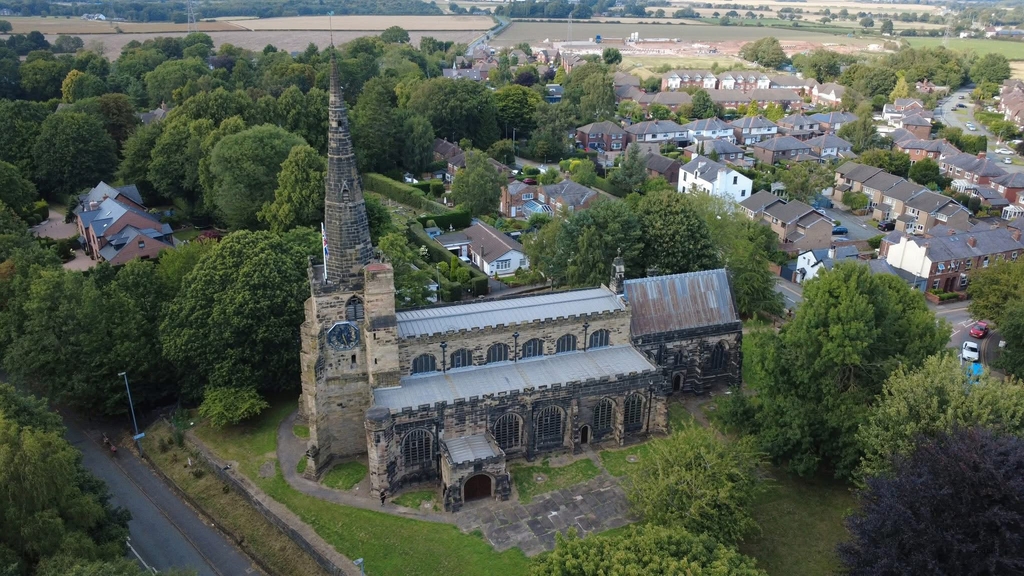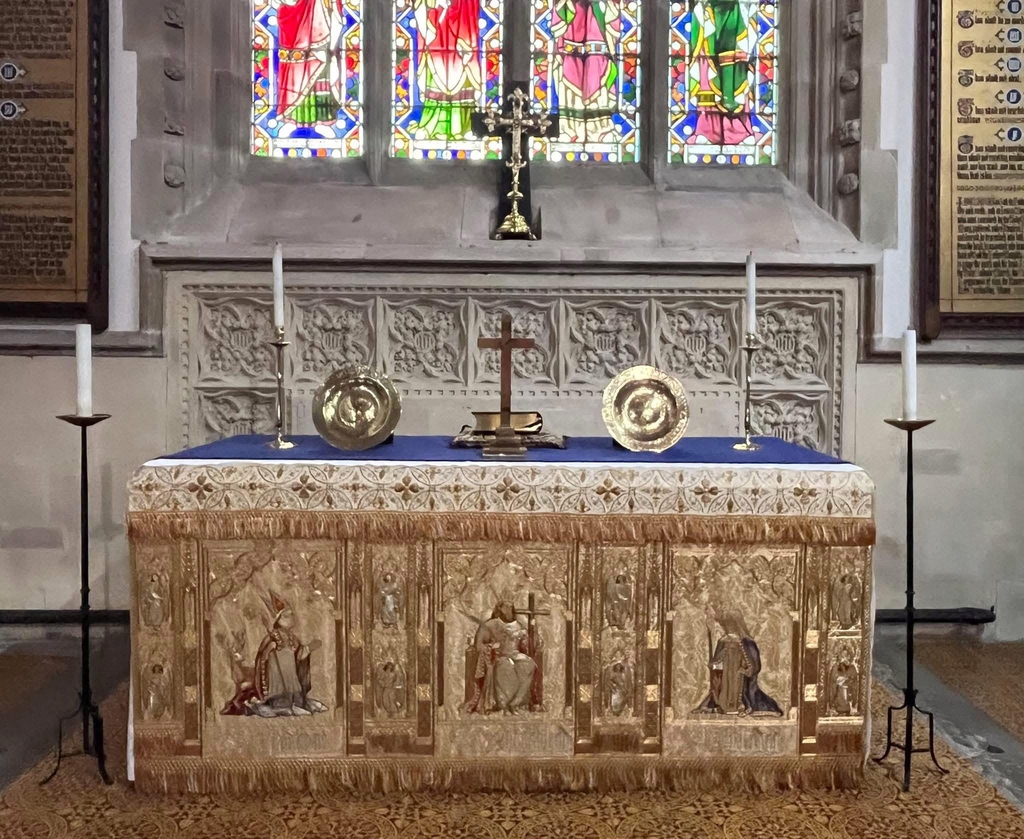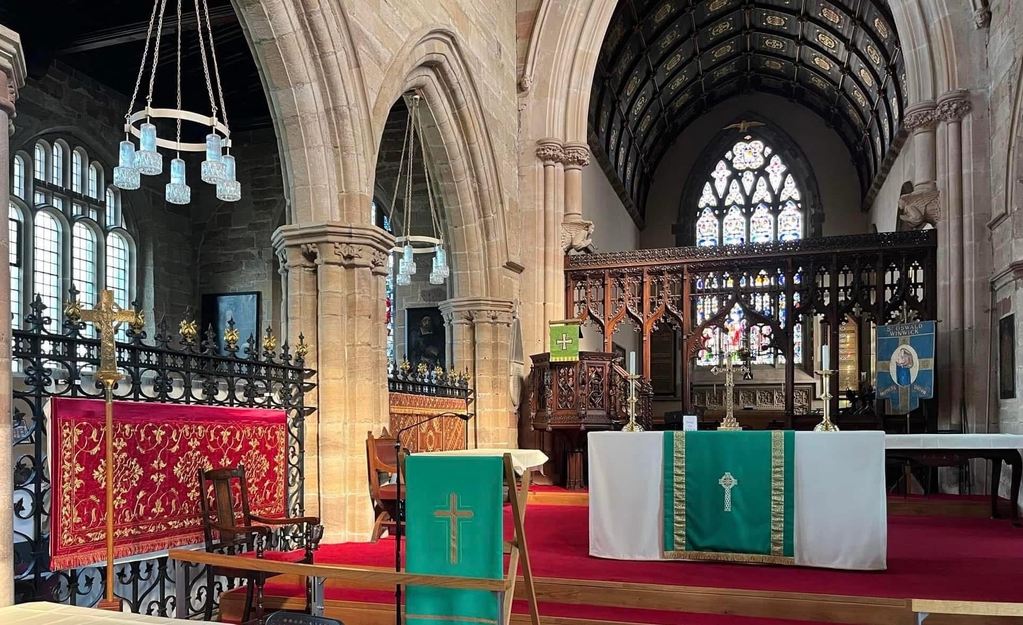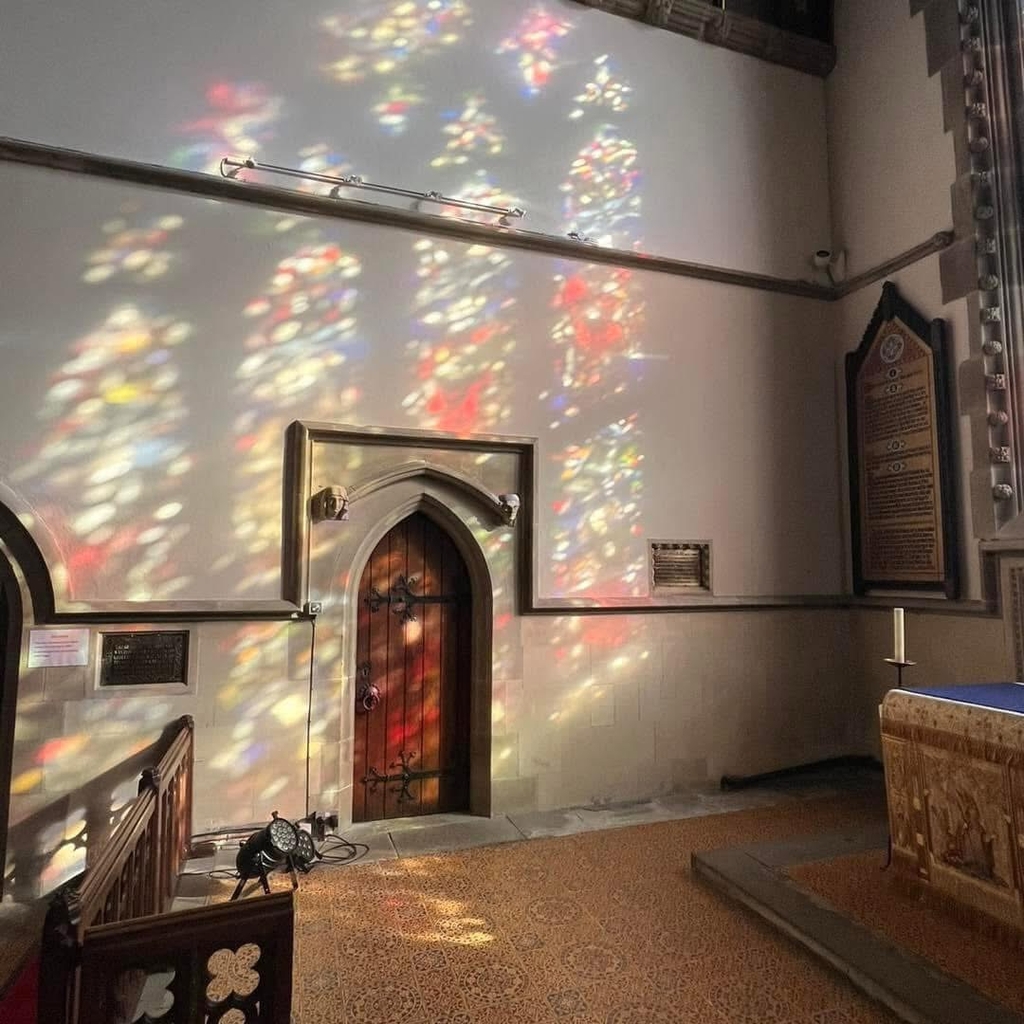St Oswald’s Church, in the village, will celebrate its Heritage Weekend on September 7 and 8 as the setting for a re-enactment on the Battle of Winwick fought on farm land bordering the church on 19th August in 1648 in which 1,000 Scottish soldiers were killed.
The battle between invading Scottish troops and Oliver Cromwell’s army was an event of national significance in the English Civil War – a fact which is relatively little known. It was one of the two major battles fought in the north west, the other was at Preston only two days earlier, which resulted in the end of the war and a final defeat for the supporters of King Charles the 1st.The monarch was executed a few months later.
The re-enactment event with the church as its setting, will demonstrate and shed new light on what life was like for the soldiers of the defeated Scottish army several thousands of whom fled in terror from the conflict to seek refuge at the church and in the town of Warrington.
Members of the Battle of Winwick Society, dressed in authentic costume, will portray the life style and conditions endured by the Scottish troops. The Scottish army raised by the Duke of Hamilton, a supporter of the King, consisted of tough but untrained fighters “the Engagers” who had made the long march from Scotland to fight Cromwell’s troops at Preston. After their defeat the remaining exhausted Scottish forces then journeyed south via Wigan and the A49 road route with the aim of joining with the King’s troops stationed in North Wales.
Their forces became divided however, when their mounted cavalry carried on to Warrington leaving the royalist foot soldiers to hold Cromwell’s forces back at Winwick. But on farmland three miles north of Warrington between Winwick and Newton, the foot soldiers met the might of Cromwell’s new model army.
It had a strong mounted horse cavalry and well trained men. After several hours of fighting with pikes and muskets in terrible conditions during the afternoon - the fields and streams had been flooded by heavy rainfall throughout the summer – 1.000 of the Scots, many of them farmers and general labourers, were killed. The remaining Scots fled, calling out for mercy, to seek refuge at the church. There many of them were met by more of Cromwell’s troops and were killed. Approximately 1,500 men were taken captive and held as prisoners within the church.
Philip LePinnet, a member of the Winwick Battle Society, said: "This battle was hugely significant in bringing the Civil War to end. By presenting the re-enactment we want to create an understanding of the importance of the battle and showcase what life was like for the Scottish soldiers engaged in battle and imprisoned at that time.
"We will also provide a perspective of the lives of Oliver Cromwell’s troops. We aim to give an insight to the rank and file of the common soldier and the civilians involved in the Civil wars.”
He added that the significance and outcome of the conflict involving thousands of men fighting hand to hand with muskets and pikes, is not as well-known or recognised as some of the Civil War battles. While a good deal of material has been published on the Battle of Preston there is very little on Winwick.
He quoted an excerpt from a letter which Cromwell wrote to his generals on the next day after the victory which reads: “Despite what we killed in the two great fights the one at Preston, the other at Warrington (the one at Warrington being Winwick)” The reference to Winwick demonstrated the fact that Oliver Cromwell made no differentation between the two battles and regarded them as equally significant.
John Watkin, St Oswald’s church warden, said “Our church is iconic. Dating back to the 13th century it has played a huge part in village life and in the history of our country. The interior of the church was badly damaged by Cromwell’s troops and restored gradually in the following years. We are hoping to welcome many visitors on the Heritage Weekend days.
"The Battle of Winwick Society re-enactment will provide a window to step back through time with fascinating facts and enlightenment on the soldiers and civilians of that era. It will bring to life to yet another chapter in the history of Winwick Church.”
Today the site of the battle, also known as the Battle of Red Bank, is recognised as the only battlefield from the English second Civil war which appears to survive in a good state of preservation. Historic England added it to their register of Historic Battlefields in 2018.
Entry free is free to the event which takes place on Saturday, September 7 from 11am to 4pm with an introductory talk in church by Battle of Winwick Society at noon.
On Sunday, between noon and 3pm.
Refreshments will be available in the Parish Hall
*Warrington Guardian August 2024





